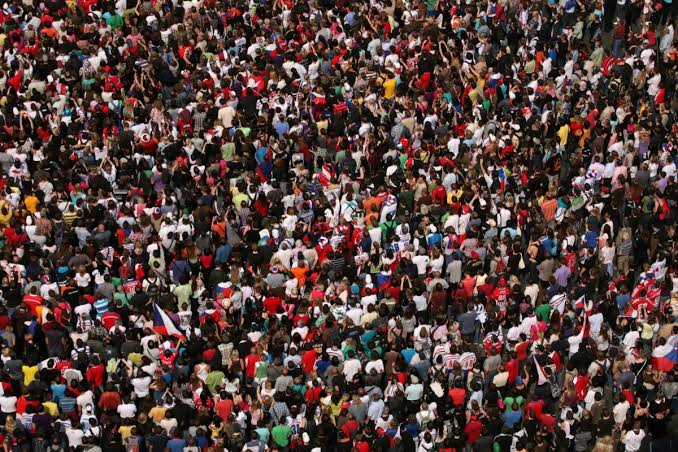The Earth now has eight billion people living on it, according to a report by The United Nations.

A baby born somewhere on Tuesday will be the world’s eight billionth person, according to a projection by the United Nations.
“The milestone is an occasion to celebrate diversity and advancements while considering humanity’s shared responsibility for the planet,” UN Secretary-General Antonio Guterres said in a statement.
The UN attributes the growth to human development, with people living longer thanks to improvements in public health, nutrition, personal hygiene and medicine.
It is also the result of higher fertility rates, particularly in the world’s poorest countries, most of which are in sub-Saharan Africa, putting their development goals at risk.
Also, the next billion people are projected to come from only eight countries – Congo, Egypt, Ethiopia, India, Nigeria, Pakistan, the Philippines and Tanzania. The projection is revealed in the UN’s World Population Prospects 2022 report, which also shows that India is on course to surpass China as the world’s most populous country in 2023.
Meanwhile, according to a Bloomberg report, half of the population still lives in just seven countries: China, India, the US, Indonesia, Pakistan, Nigeria and Brazil.
The UN also stressed that though there was a big surge in the second half of the 20th century, population growth may now begin to slow. The global life expectancy is 72.8 years as of 2019, an increase of nearly nine years since 1990. Current projections believe the life expectancy could be 77.2 years by 2050.
Also, while it could take 15 years to reach nine billion, the UN doesn’t expect to reach 10 billion until 2080, a sign that the overall growth rate of the global population is slowing. At the global level, population decline is driven by low and falling fertility levels, the UN noted.













